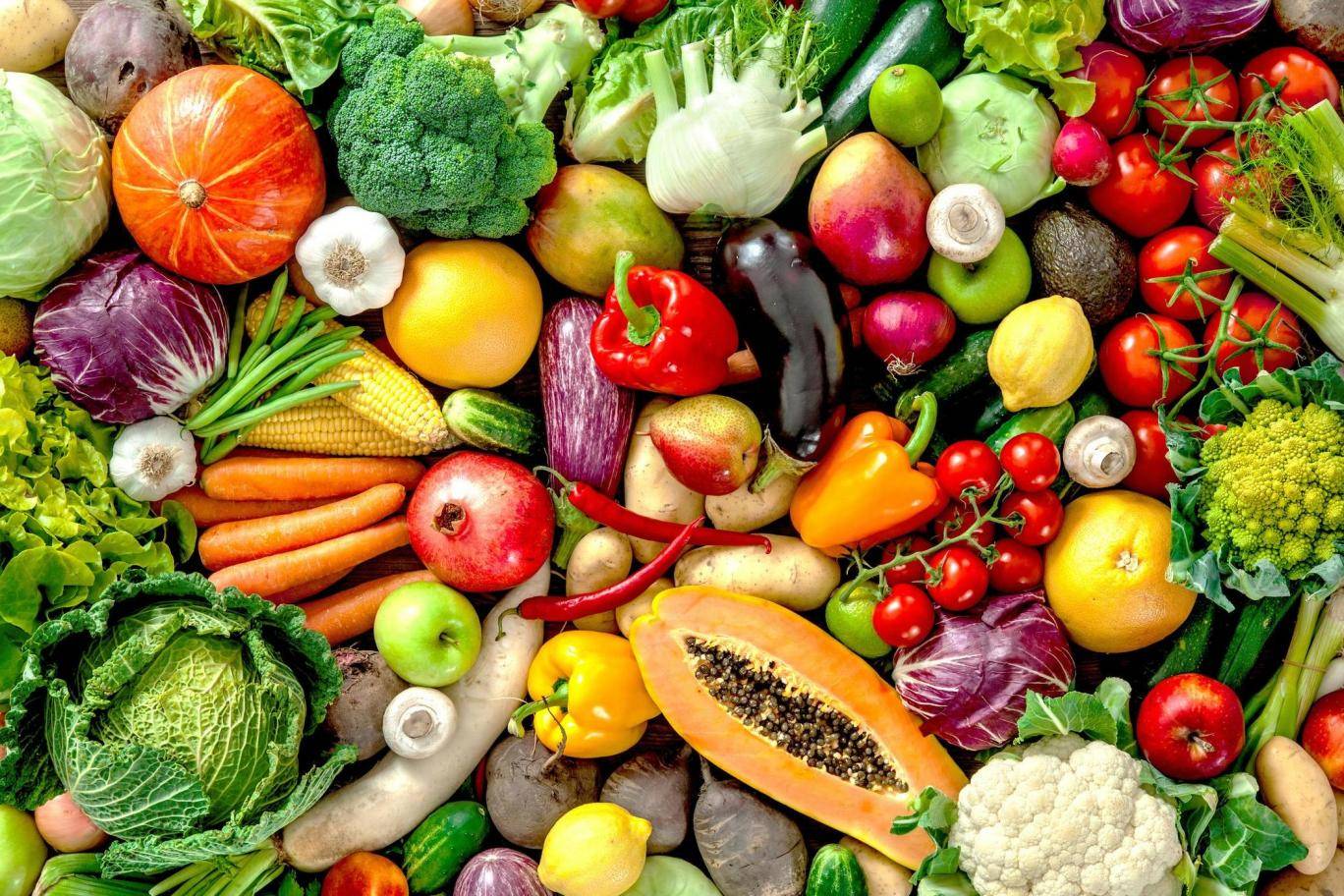Eating raw fruits and vegetables could boost mental health and assuage depressive symptoms, a new study suggests.
Researchers at the University of Otago in New Zealand found that people who consumed more produce in its natural, uncooked state reported higher levels of psychological well-being compared to those who ate mostly cooked alternatives.
Surveying 422 adults between the ages of 18 and 25, the study also considered other variables relating to participants’ lifestyles such as overall diet, physical activity, body mass index and socioeconomic status.
While researchers were unable to identify a specific cause-and-effect for their results, they speculated that the correlation might be down to the abundance of micronutrients in fruits and vegetables being more easily-absorbed when consumed in their raw states.
“Raw fruits and vegetables may provide greater levels of micronutrients than processed fruits and vegetables, which could explain their stronger association with improved mental well-being,” the study reads.
In addition, researchers suggested that the process of cooking and canning produce “would most likely lead to a degradation in nutrients, thereby limiting their beneficial impact on mental health.”
That’s not to say that cooked produce boasts no benefits to one’s mental health, as researchers found that consumption was linked to experiencing an improved mood.
However, when compared to the myriad benefits experienced by those who ate more raw fruits and vegetables, the advantages were clear.
Greater life satisfaction, reduced depressive symptoms and improved mood were all benefits related to increased raw fruit and veg consumption.
The study identified 10 fruits and vegetables for which these benefits were most linked to as: carrots, bananas, apples, dark leafy greens, grapefruit, lettuce, citrus fruits, fresh berries, cucumber, and kiwi.
In terms of raw vegetables, celery, cabbage, tomato, mushroom and red onion also boasted strong associations with positive mood.
“If our patterns are confirmed in intervention studies, it would suggest that health policies could focus on promoting the consumption of raw and unprocessed produce for optimal well-being,” the researchers concluded.












